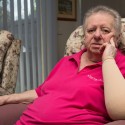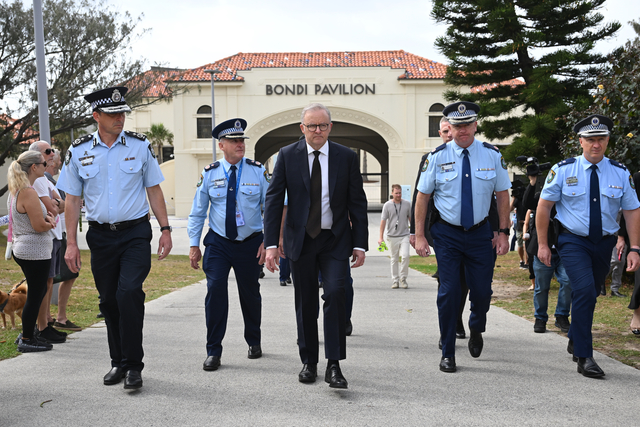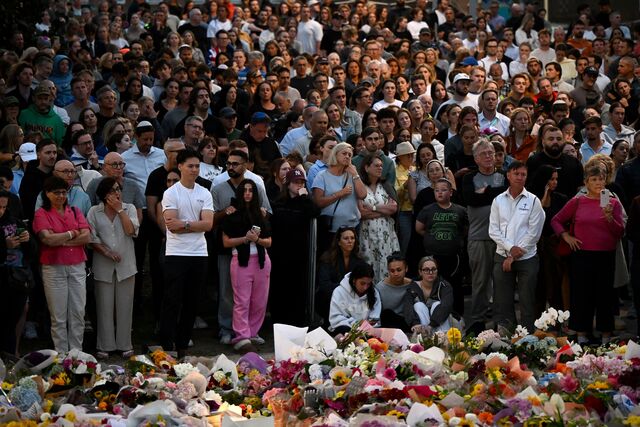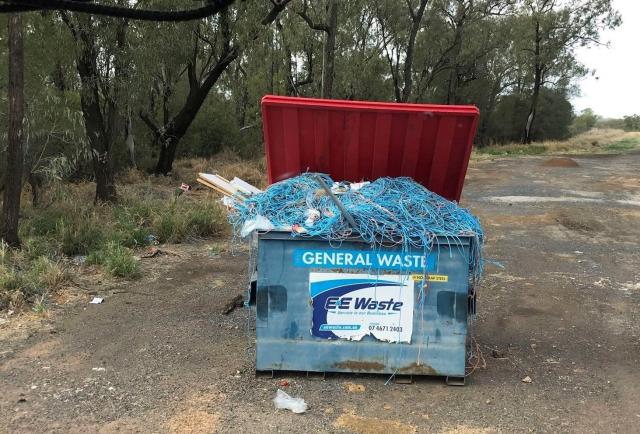By JESSE GRAHAM
LYMPHOEDEMA patients in the Yarra Ranges will have to travel to Ringwood East or beyond for treatment, after Eastern Health closed down all related services last month.
Eastern Health ceased its services on Friday 12 February for lymphoedema, a condition where parts of the body swell up, which were offered at Yarra Ranges Health in Lilydale, Angliss Hospital and Box Hill Hospital.
A letter to patients, passed on anonymously to the Mail, dated 1 February, said that the organisation had “a responsibility to live within our means” and would be ceasing its services less than two weeks later.
The letter also listed other providers of treatment for the condition, such as Eastern Access Community Health (EACH) in Ringwood East, Mercy Hospital in Heidelberg or Moorabbin’s Monash Health.
Coldstream’s Judy Sturt, a member of cancer support group Yarra Valley Ladies in Pink (YVLiP), is living with lymphoedema in her arm, and wears a compression sleeve to reduce swelling.
Ms Sturt, who had received treatment from Eastern Health, said the closure of services made treatment less acceptable for those living in the Yarra Valley, particularly those who were unable to transport themselves.
“Now they’re telling us, now they’re closing down, that we have to go to Monash,” she said.
“Can you imagine people going from Warburton to Monash for a massage?
“It’s going to make a huge impact.”
Lymphoedema can cause swelling in any part of the body, but often affects arms and legs, and people who have undergone surgery and radiotherapy for cancer are susceptible to developing it.

It occurs when the lymphatic system is damaged, and fluid and proteins can build up and cause swelling – which also carries a risk of infection.
The Eastern Health lymphoedema services were announced in May 2010 by the Victorian Government, who said at the time that the organisation “responded to the need” for the service, by establishing clinics in Ferntree Gully, Box Hill and Lilydale.
Chief nursing officer David Plunkett said at the time that having the services meant “patients are able to visit a local service, avoiding the need to travel further and incur related out-of-pocket expenses”.
Treatment includes physical therapy, compression bandages, exercises, medication, laser therapy and massage, and those at high risk of developing the condition can receive preventative care.
Ms Sturt said that living with lymphoedema was difficult in summer, because she had to keep her body temperature low, and that the treatment massages helped reduce the symptoms, such as heavy feelings under her arm.
“The lymphoedema massages are a specific way of doing massage, because of the lymphatic drainage,” she said.
Ms Sturt said YVLiP would be writing to Eastern Health CEO Alan Lilly about the closure of the service, and that the organisation would like to offer the service in the future, if it sets up a headquarters.
The Mail contacted Eastern Health about the announcement, and Chief of Clinical and Site Operations in Yarra Ranges, Lisa Lynch, confirmed that the service was finished “following a comprehensive review”.
Quoting the 1 February letter verbatim, Ms Lynch said the organisation had to ensure Eastern Health’s “level of care is sustainable now and in the future”.
“This means Eastern Health may make changes to services depending on demand,” she said.
She said that public and private organisations were “already” providing lymphoedema services, and that a Transitional Lymphoedema Case Manager had been appointed, one a day week from 12 February to 18 March.
Ms Lynch said the case manager was informing patients of other services in the region and “providing linkages to an appropriate service”.







